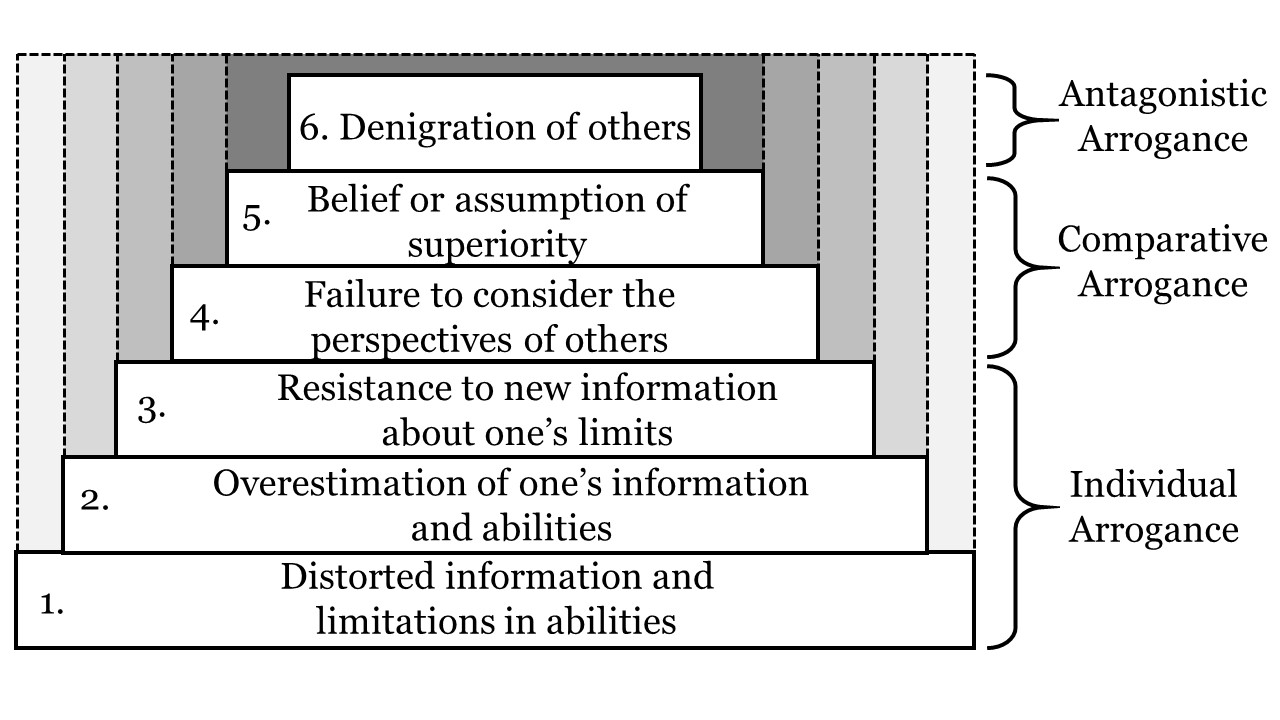
Researchers have created a new way to classify arrogance on different levels across a spectrum.
“We were surprised at the limited amount of modern research we found on arrogance,” says Nelson Cowan, professor of psychological sciences at the University of Missouri, says of the findings. “Furthermore, we found it didn’t all come from one specific area. So we created a one-stop resource to inspire further research, including, but not limited to, possible medical diagnoses of personality disorders.”
The team acknowledges everyone seems to have some degree of arrogance, so in addition to the literature review, the researchers suggest a way to classify the different levels of arrogance a person could exhibit.

The team devised a system that identifies three types of arrogance:
- Individual arrogance—an inflated opinion of one’s own abilities, traits, or accomplishments compared to the truth.
- Comparative arrogance—an inflated ranking of one’s own abilities, traits, or accomplishments compared to other people.
- Antagonistic arrogance—the denigration of others based on an assumption of superiority.
The three levels provide a foundation for future descriptions of arrogance.
“Our system cannot offer a complete scientific understanding, rather it is intended to provide an analytical perspective on arrogance to help guide future psychological research,” Cowan says. “It could be applied to all types of relationships, such as interpersonal relationships, or even dialogues between nations and political groups.”
The review appears in the Review of General Psychology. Funding for the work came from a NIAAA grant. The content is solely the responsibility of the authors and does not necessarily represent the official views of the funding agencies.
Source: University of Missouri
The post There are 3 types of arrogance appeared first on Futurity.